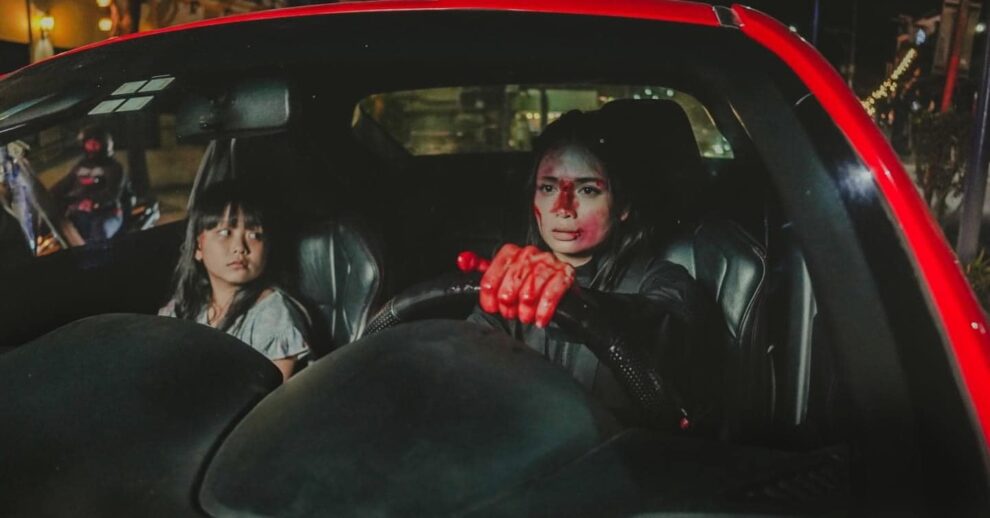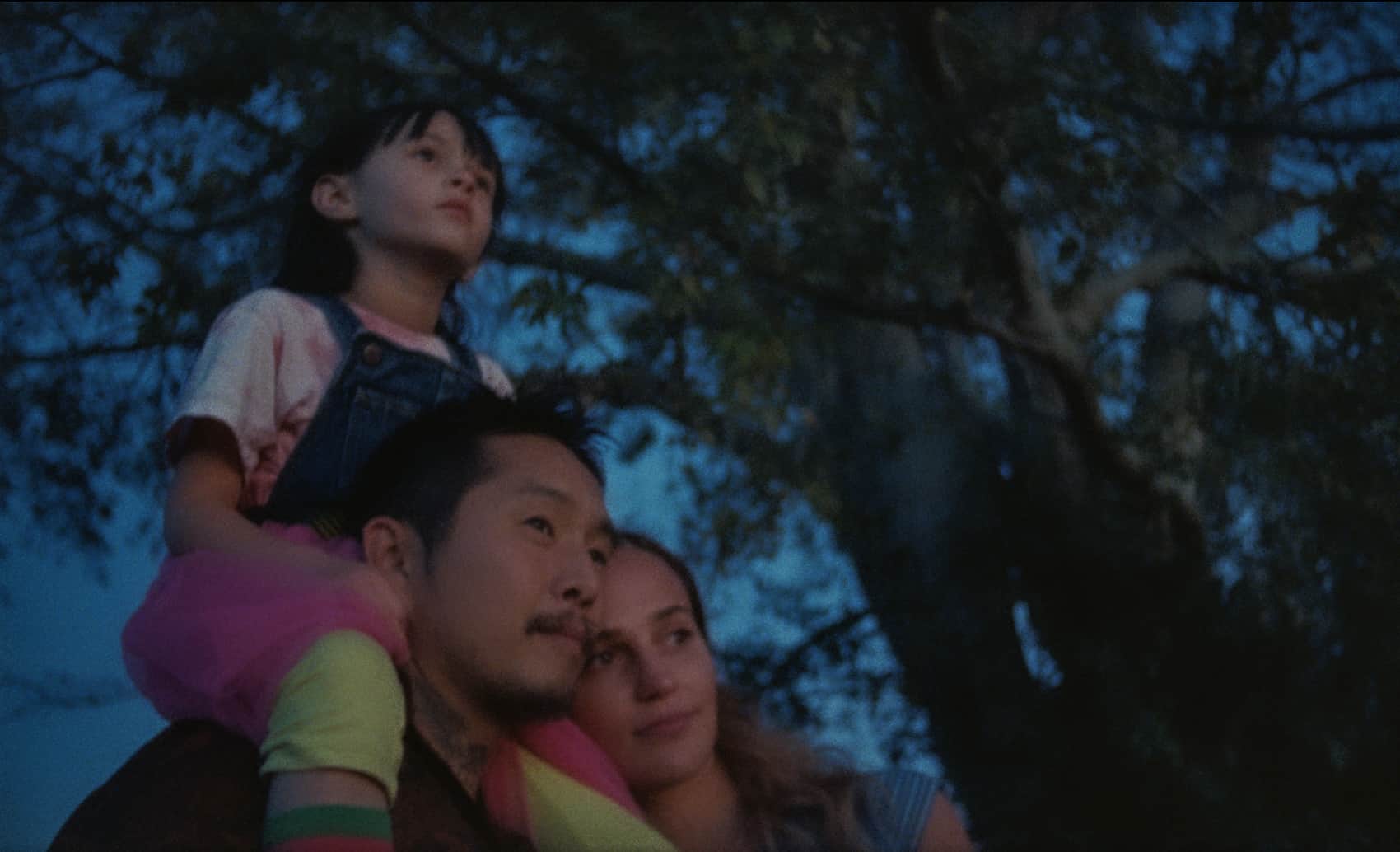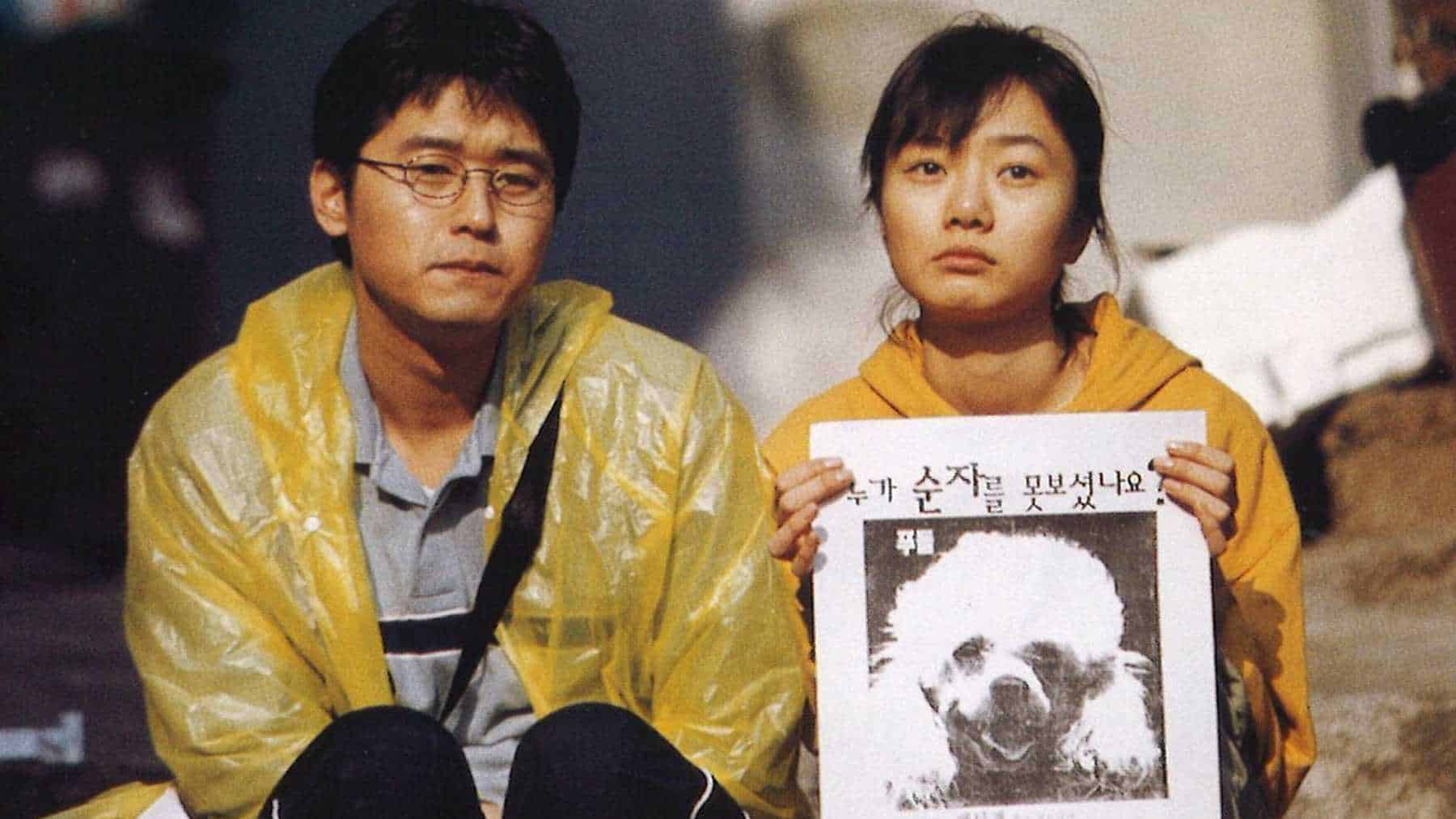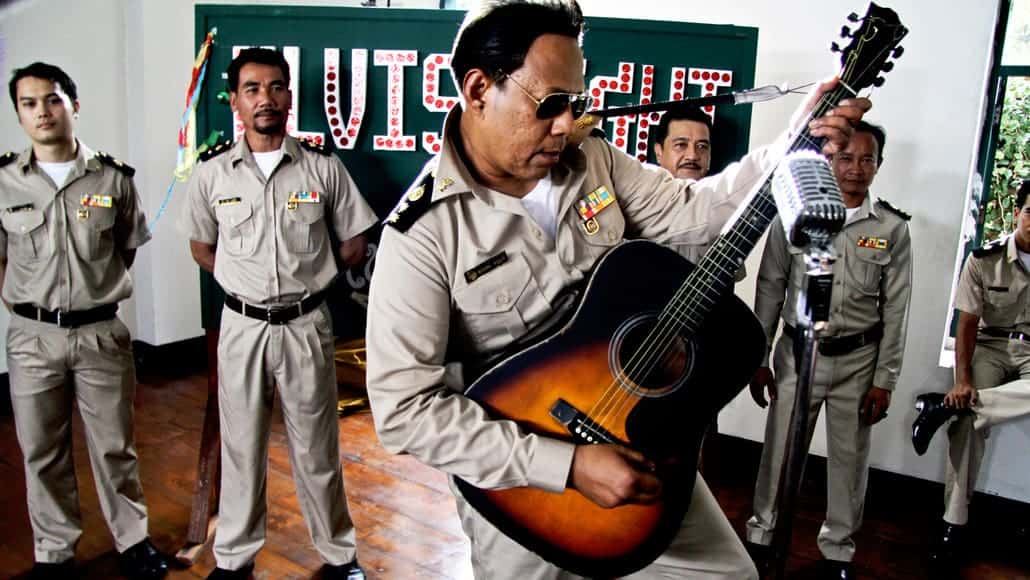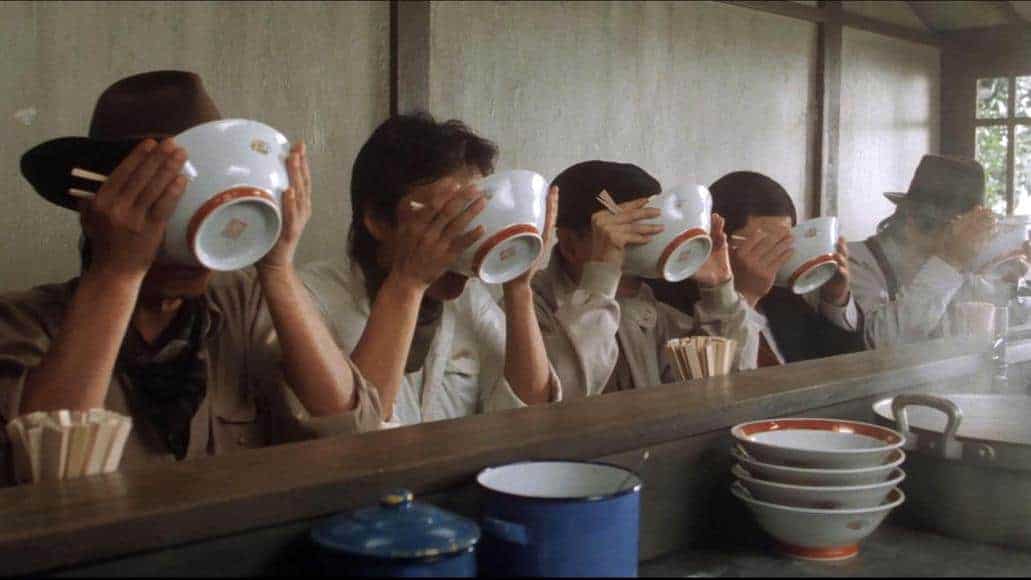Since the turn of the millennium, notable genre movie releases from the Philippines are few and far in between. In recent years, the action genre became more prominent in local television as a supplement to daily soap operas that at times when action movies are made recently, they carry with them some of the tendencies of those tv dramas. Viva Films' latest offering, “Karma,” is a sample of those that exhibits this tendency.
In an unnamed rural region, a team of assassins roam around executing justice against the corrupt and the criminals. The most talented in the team, Angel (Rhen Escano) believes in the just cause of their dark existence. His partner Rommel (Sid Lucero), however, is starting to question their activities and gets more weary as days go by. Along with Keana (Krista Miller), the team answers to the commands of someone they refer to as Chief (Roi Vinzon), a friend of Angel's father.
The script penned by director Albert Langitan weighs in a lot on the motivations of Angel and Rommel through a series of flashbacks. After being orphaned by his father's assassination, Angel grew unruly until she got nabbed by the police for a crime. Angel was then salvaged from being jailed by Chief to train under him and promised to help her get revenge for the death of her father. Rommel on the other hand, had violent fits even as a kid that got him into trouble several times. Similarly, Chief took Rommel in to train and be his henchman.
If you like Karma, check also this video
Angel and Rommel, knowing each others' motivations quite clearly, often clash. Their motivations being exposed, however, does not make them look like characters of depth. What intensifies their clashes are their naiveté over their situation: Angel thinking that they are on the side of justice and Rommel thinking that he will be let go easily if he would just ask the Chief.
Langitan's treatment for “Karma” swings only between these two realities of the characters: their present missions and their past traumas. At times, the exploration of characters gets so overwhelming that the treatment resembles a melodramatic character sketch rather than an action movie. It is reminiscent of another Viva films actioneer, “Maria” (2019) where the expositions of the motivations of almost every character to show the “depth” of their actions work against the whole movie. Langitan takes too much time explaining his characters as if every scene is compressed TV drama episodes.
The action sequences, while adequately executed, lack the punch to balance out the drag experienced in the melodramatic scenes. But in a more contemporary attitude, the gunfights do not shy away and pour their guts where it is needed. Erwin Tagle's fight choreography is also something to be commended. True to the context of assassinations, the fights in “Karma” seem less “rehearsed”, so to say, and look more abrupt and spontaneous. There is, however, a hint of sophistication in the way the fight choreography mingles the gunfights with Filipino Martial Arts (FMA) that seeps within the seeming spontaneity.
Patrick Ferrer's cinematography tries to catch up with Tagle's choreography, but the coordination seems held back by weird choices in coverage. Langitan's handling of the fight scenes seems to be concerned more in showing the effects of the action by cutting away between rolls in medium shots instead of exploiting the spectacle of the actions from a wider frame. Action is sacrificed in favor of the reaction shot.
One of the saving graces of “Karma” would be the great performances delivered by its cast. No one can doubt Sid Lucero and the extended melodramatic scenes exhibited his acting prowess. Rhen Escano has always been the trustworthy rookie from the more recent stable of Viva Film talents. Her depiction of Angel is so great that the repetitive flashback treatment does not do justice to the grit and roughness she brought to her role. The fight performance of the two main actors is something that can't be dismissed too .
If assessed as the sum of its parts, “Karma” has great ideas to present, especially in its fight choreography. The spontaneity it presents is something quite rare and is a welcome development. But the movie is plagued by tendencies imported from television to expose a lot of information hoping to tie it up logically at some point. This pursuit for narrative logic holds back the spectacle that the fight choreography's spontaneity elegantly tries to present. The big fight sequences in the latter part attempt to balance these out. But it seems that the movie is more concerned about making a point similar to Angel's naiveté who convinces herself that she's done a good job, despite making piles of unhealthy decisions.


